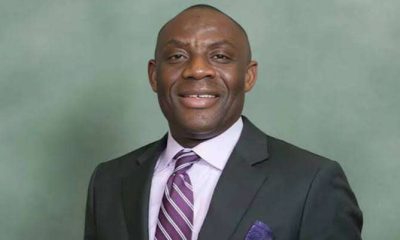Education in Nigeria
FEC approves nine new universities despite seven-year moratorium

The Federal Executive Council (FEC) has approved the establishment of nine new universities, even as it placed a seven-year moratorium on the creation of new federal universities, polytechnics and colleges of education.
The decision, reached at Wednesday’s FEC meeting presided over by President Bola Tinubu at the Presidential Villa, Abuja, followed a presentation by the Minister of Education, Dr. Tunji Alausa, who warned that Nigeria’s tertiary education sector was suffering from overstretched resources, poor enrolment, and declining academic quality.
According to Alausa, many existing institutions are under-utilised, with some federal universities having fewer than 2,000 students. “In one northern university, 1,200 staff serve fewer than 800 students. This is a waste of government resources,” he said.
The minister disclosed that last year, 199 universities recorded fewer than 100 applications through the Joint Admissions and Matriculation Board (JAMB), while 34 received none at all. Many of the country’s 295 polytechnics and 219 colleges of education also had similarly poor enrolment figures, including 64 with zero applicants.
He stressed that unchecked proliferation of institutions with low student numbers risked producing ill-prepared graduates, undermining the value of Nigerian degrees abroad, and worsening unemployment.
The moratorium, he explained, would enable government to channel funds into rehabilitating existing facilities, hiring competent academic staff, and expanding the carrying capacity of current institutions.
Despite the freeze, nine new universities were approved at the meeting. Alausa clarified that these were private institutions whose applications had been pending for up to six years and had passed full evaluation by the National Universities Commission (NUC).
“When we assumed office, there were 551 applications for private universities. Over 350 dormant ones were deactivated. Of the 79 active cases, nine met the criteria and were approved,” he said, adding that significant investments had already been made in their infrastructure.
The moratorium, he noted, also applies to the creation of new private polytechnics and colleges of education. Alausa hailed the move as a reset for Nigeria’s tertiary education sector and credited President Tinubu with backing reforms aimed at making Nigerian institutions globally competitive.







